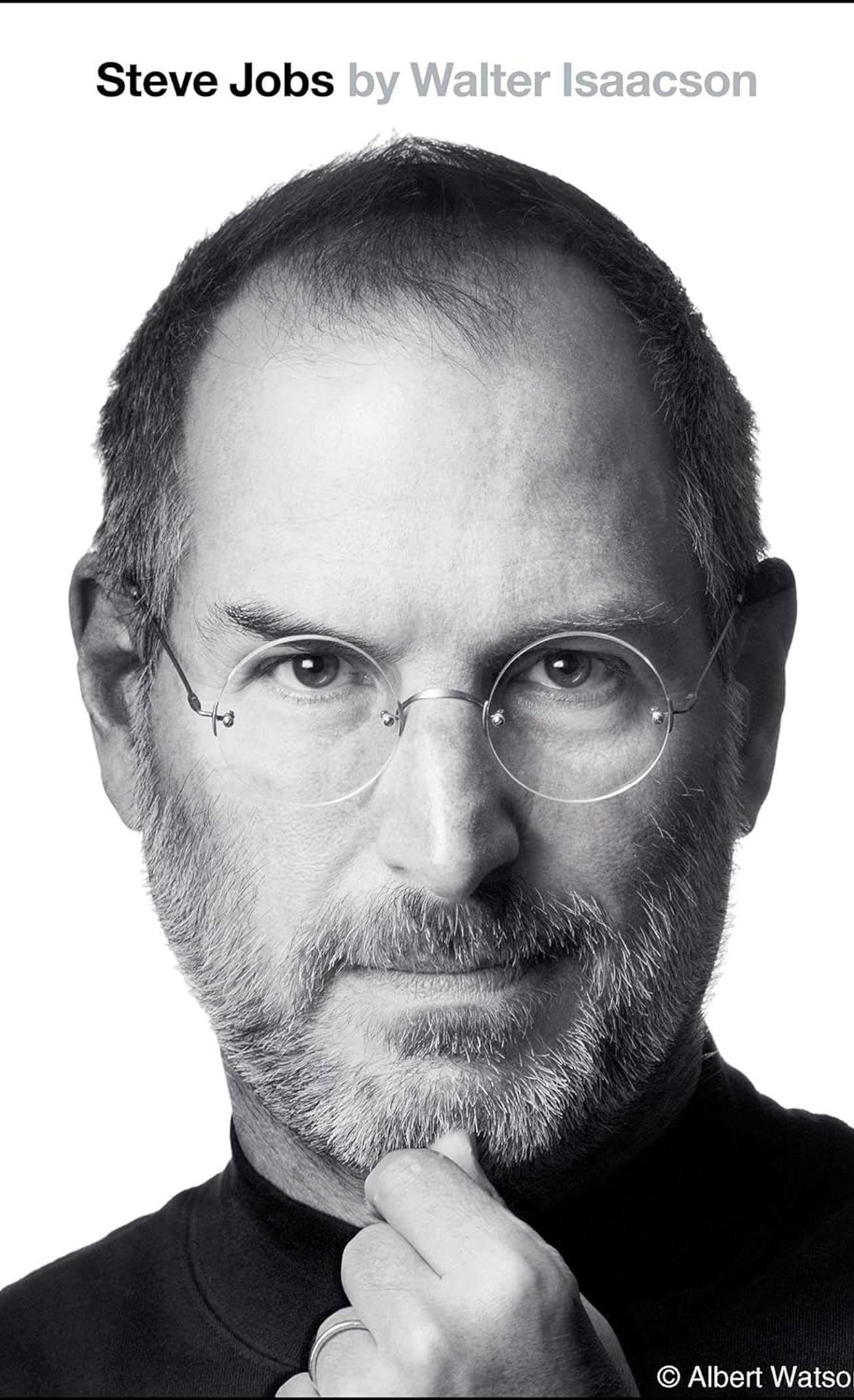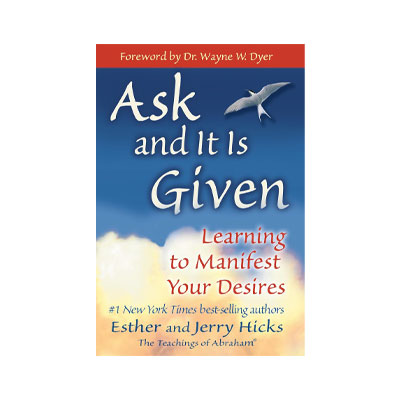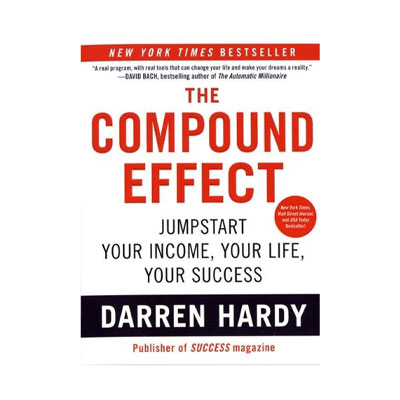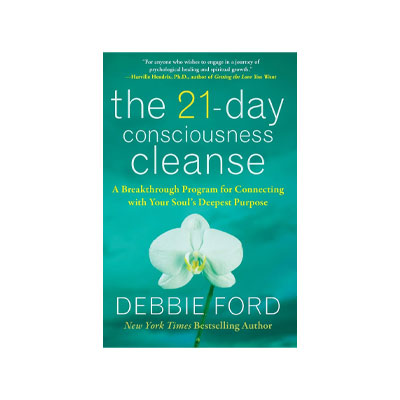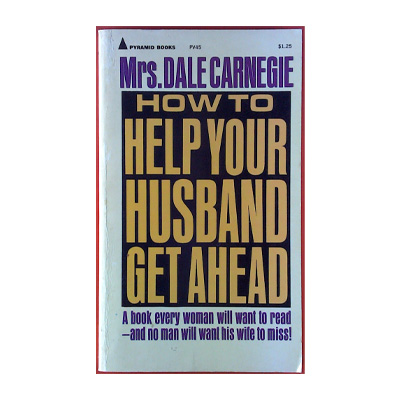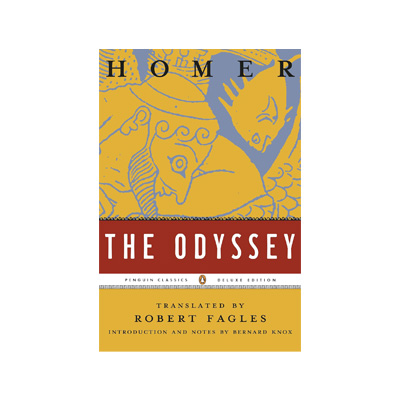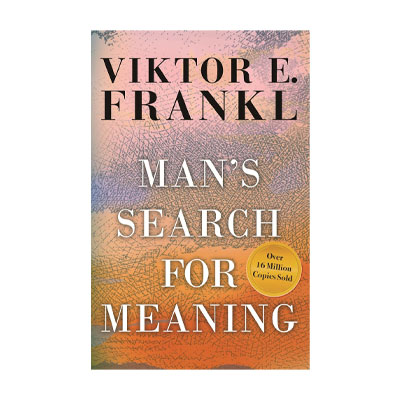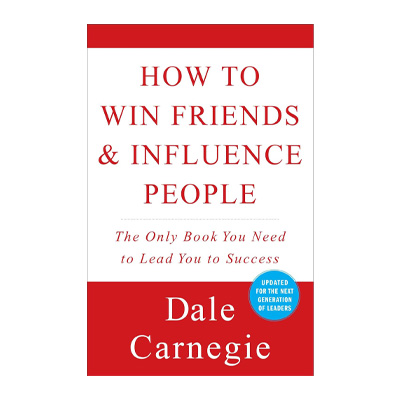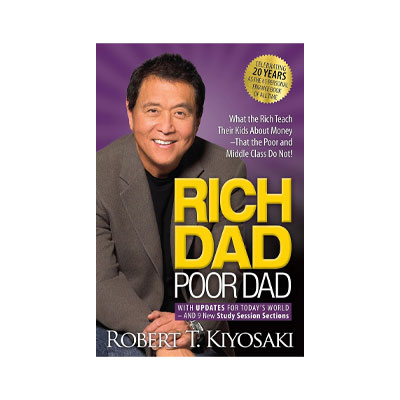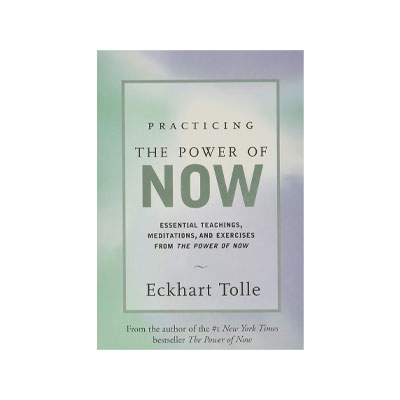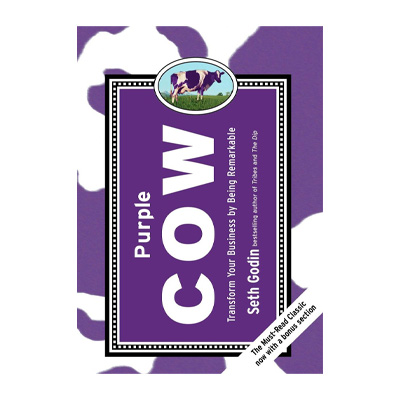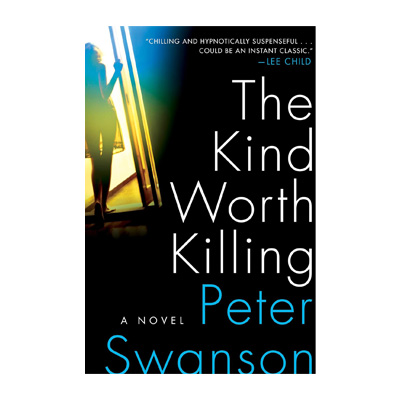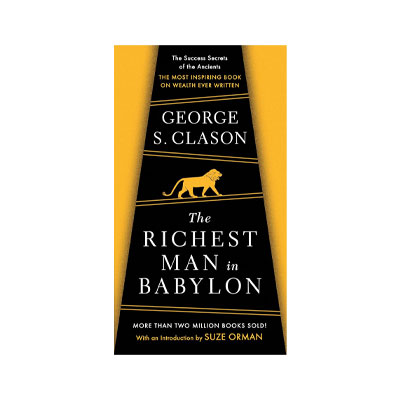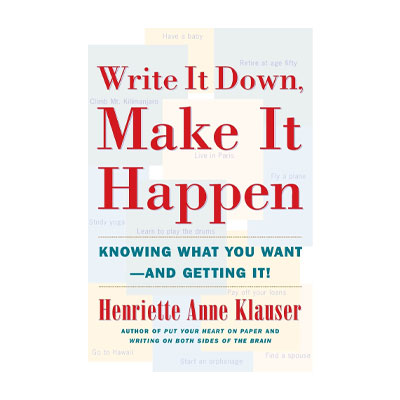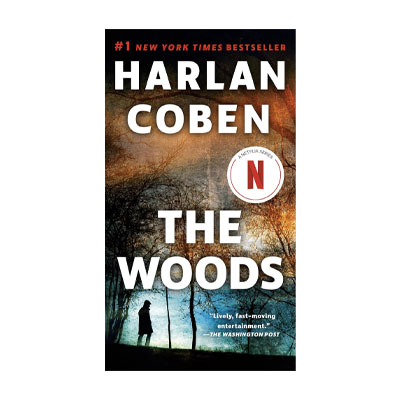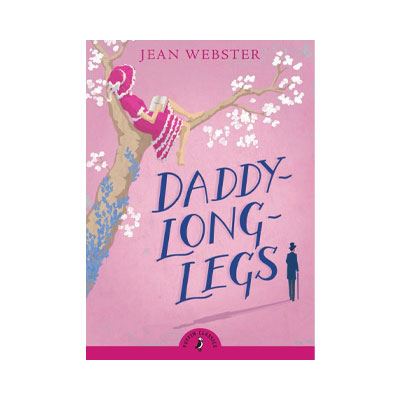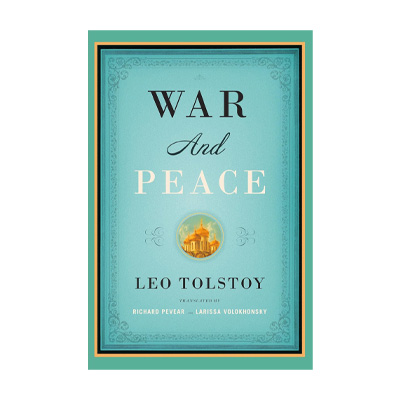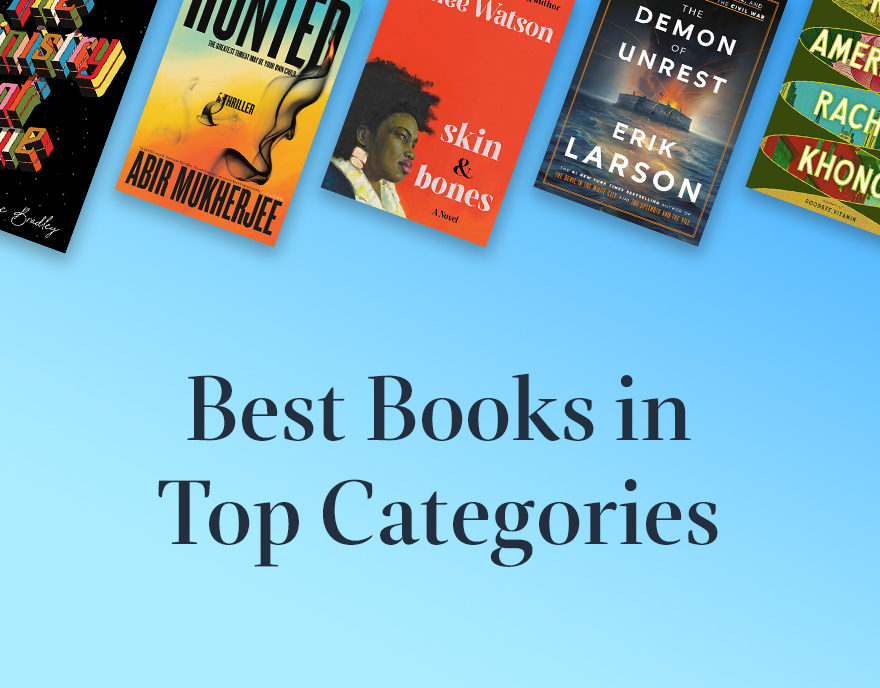Book Summary
Walter Isaacson beautifully portrays the biography of Apple's founder, Steve Jobs, in his book. In this book, he describes many moments of Jobs' life in detail and discusses reasons that prove Apple would not have reached such a position and status without him. Isaacson conducted over 40 interviews with Steve Jobs and his close associates while collecting the necessary material for writing the mentioned work.
The main character of the story requested not to review the book, which was eventually agreed upon. The groundbreaking book, published just two weeks after its release, broke records and was printed three months after Jobs' death, so its hero never got the chance to read it. Despite many people and critics firmly believing in Jobs' legendary status before reading this text, when you turn its pages, you will come across topics that will surprise you and better understand how such a person could bring about such change and innovation in the world of technology.
Additionally, Isaacson's extraordinary storytelling ability has a significant impact on creating such a work, as he has also proven in his other works such as biographies of Benjamin Franklin and Einstein, showcasing how he can eloquently bring facts to paper in a unique way..
About the Author
Walter Isaacson is an American writer and journalist born in this country in 1952. He graduated in History and Literature from Harvard University and then went to Pembroke College, where he received his degree in Philosophy, Politics, and Economics. Isaacson, who has a background in chairmanship and CEO positions at CNN and also served as the CEO of Time magazine, has authored other works as well, including "The Wise Men," a biography of Henry Kissinger, Leonardo Da Vinci, Innovators, and Elon Musk.
Who Should Read the Book?
It is recommended for those interested in biographies of famous and influential figures, especially contemporary personalities, to delve into the study of Steve Jobs.
Table of Contents
The featured work has been prepared by the author in 42 chapters.
